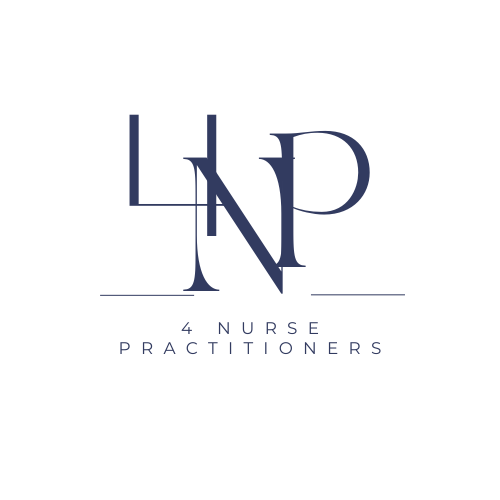It’s fine when everything is going well but what happens when it goes pear shaped?
How on earth do you know what you need and why?
-
What is it.
While we all know what insurance is let’s take a step back and ask what is it’s purpose.
. Reduce your financial risk in your professional role from your and possibility other’s actions.
. Enable you to secure appropriate legal support to protect both your clinical and professional reputation and the ability to work.
. Reduce the financial risk of those whom we employ or who engage us in a professional role.
-
Misunderstandings.
Common misunderstandings include, an often unnecessary, more is better approach. A common policy (A) held by many Nurse Practitioners contains a “last resort” clause. So, if you hold policy (B) this must be exhausted before this policy (A) comes into effect. This dual approach is both costly and adds no additional cover.
-
Exclusions.
Is your full scope of practice covered outside of legacy scope of nursing?
So, if you do minor surgery you need to be assured this comes under the general policy you may have. An example being appearance medicine, which may be either excluded or has a premium attached to a standard policy, but you need to advise your policy holder.
Insurance and things to consider.
-
You need to be assured that if you trade other than a “natural person” ie in your own name, rather than under a company structure that you are covered.
-
Your policy may cover you in the case of medical misadventures and the subsequent disciplinary procedure such as with the HDC.
-
More common are employer/employee disputes so what resources in your
policy can you access to support you in this case?
-
If you’re self-employed or a contractor you have two options for your ACC cover, either standard CoverPlus 80% or CoverPlus Extra 100%.
If you're self-employed or a contractor you'll automatically be placed on CoverPlus. If you've had an accident and can't work, ACC will pay your compensation at up to 80% of your taxable income based on the most recently completed financial year. For example, if you earn $52,000 per year on CoverPlus you'd get up to 80% of that each week, which is $800 before tax.
CoverPlus Extra (CPX) is an optional cover product that allows you to choose how much of your income you want to be covered if you have an accident and can’t work. We'll pay compensation based on your cover amount and option.
Compare here;
https://www.acc.co.nz/assets/business/acc4575-compare-coverplus-cpx.pdf
